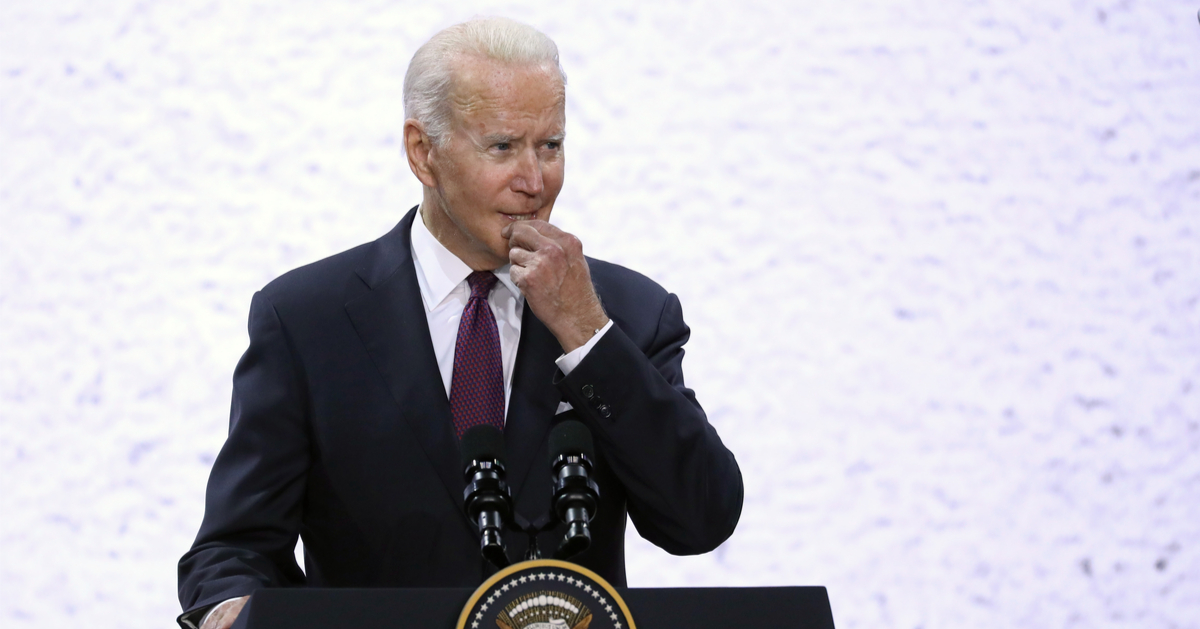Mississippi Supreme Court declines request of death row inmate
A death row inmate in Mississippi, Tony Terrell Clark, was sentenced to be executed by lethal injection following his 2018 conviction for the 2014 murder of a 13-year-old convenience store clerk during an attempted robbery.
Clark has alleged racial discrimination by state prosecutors during the jury selection process, but his motion for more discovery to investigate that claim was just denied by the Mississippi Supreme Court, local media outlet WLBT reported.
The convicted murderer was similarly rejected last year by the U.S. Supreme Court when he raised similar claims and urged the justices to intercede on his behalf and vacate his death sentence in favor of a life-without-parole sentence.
Murdered a child during an attempted robbery
In 2018, local media outlet WAPT reported that Clark was found guilty by a unanimous jury after about an hour of deliberation on three criminal counts that included capital murder with a death sentence.
Those charges stemmed from a 2014 incident at a convenience store in Canton, Mississippi, in which Clark, accompanied by a nephew, entered the store and shot two workers during an unsuccessful attempted robbery, killing 13-year-old clerk Muhammed Saeed and wounding the boy's father, Fayd Saeed.
The entire incident was caught by the store's surveillance cameras, and those videos plus the testimony of the grieving father who survived the incident led to Clark's swift conviction by the jury.
State's high court denies request for more discovery
Now several years later, per WLBT, Clark, who is black, raised the allegation of racial discrimination during the jury selection process -- the jury was comprised of one black and 11 white jurors plus two white alternates -- and further asserted that his trial lawyer failed to sufficiently pursue the issue.
His claim centered on the accusation that state prosecutors struck at least three prospective black jurors for ostensibly sharing the same last name as individuals in Madison County's criminal justice system but allowed white jurors who similarly shared names with criminals in the system.
Clark's request for more discovery to obtain documentation in support of the claim was rejected by the Mississippi Court of Appeals, and now his request for the state Supreme Court to overturn that ruling has also been denied in a one-page order that offered no explanation for the rejection.
However, Justice Leslie King, joined by Justice Jim Kitchens, authored a seven-page dissent that argued that, based on the little information available, not to mention prior court precedence and procedures, there appeared to be sufficient evidence in support of Clark's racial discrimination claim to at least allow him the opportunity to further investigate it through additional discovery.
"This court consistently finds that defendants have not proved pretext when the state strikes Black jurors. This court now hinders a defendant’s attempt to prove pretext," King wrote. "It seems to demand that defense counsel go above and beyond, and read the collective mind of the state’s prosecutors in order to show pretext, but when a defendant attempts to conduct a thorough investigation to meet this court’s impossibly high standards of proof ... this court denies him the opportunity."
U.S. Supreme Court previously declined to intervene
It was a little over a year ago, according to a separate report from WLBT, that Clark had raised similar allegations in a petition to the U.S. Supreme Court and argued that his death sentence should be reduced to life without parole because of the claimed racial discrimination during the jury selection process.
That petition for certiorari was also denied without explanation, but Justice Sonia Sotomayor, joined by fellow liberal Justices Elena Kagen and Ketanji Brown Jackson, asserted in a fiery dissent that the case should have been taken up and that the high court was ignoring its own prior precedents in cases specifically involving racial discrimination in jury selection in Mississippi.
"Because this Court refuses to intervene, a Black man will be put to death in the State of Mississippi based on the decision of a jury that was plausibly selected based on race," Sotomayor concluded. "That is a tragedy, and it is exactly the tragedy that Batson and Flowers were supposed to prevent. I respectfully dissent from the Court’s denial of certiorari."






